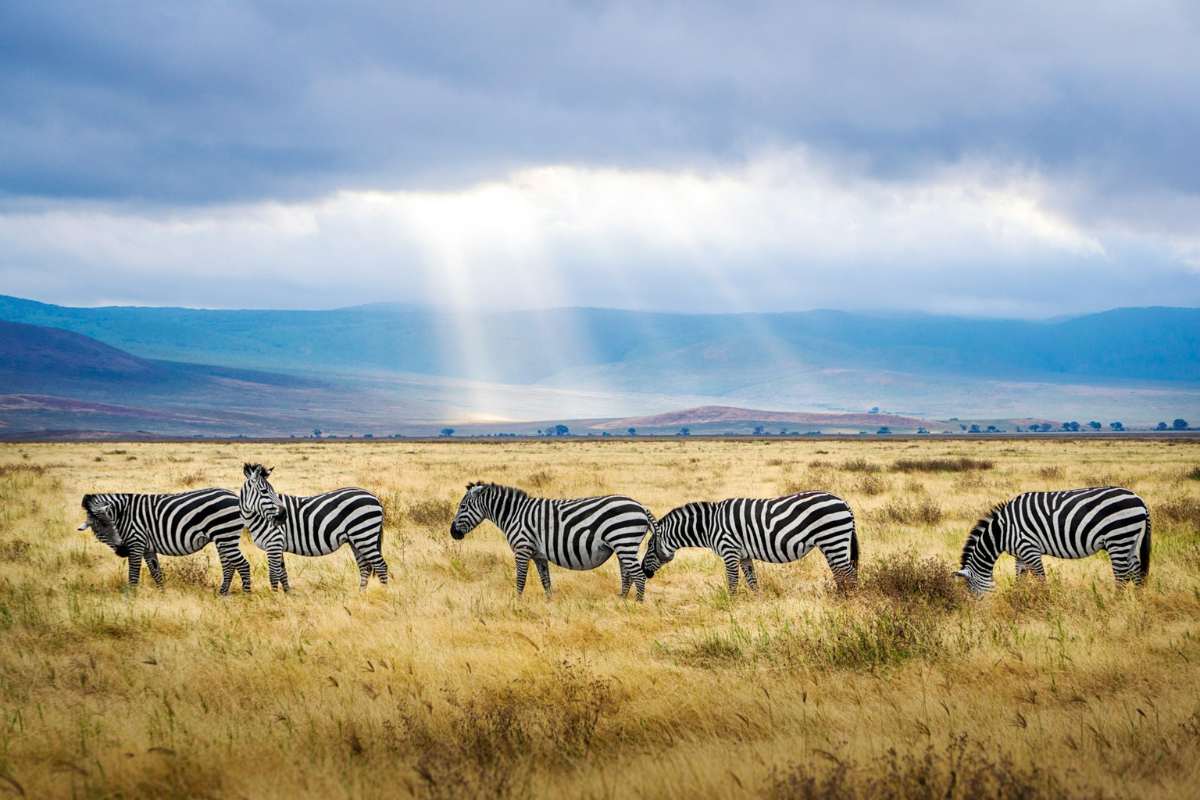So, you’re planning an African safari trip and wondering where to start. Tanzania is that place. Tanzania is one of the most beautiful, diverse, and culturally rich countries located in East Africa. It is home to the highest mountain in Africa, Mount Kilimanjaro, with many breathtaking natural wonders, such as the Serengeti National Park and Zanzibar’s pristine beaches.
Tanzania is a developing country, and in July 2020, the World Bank announced that the government had been upgraded from low-income to lower-middle status. If you plan on relocating to Tanzania, our guide will take you through some of the best places to live.
Best Places to Live in Tanzania for…
- Expats: Dar es Salaam
- English Speakers: Zanzibar
- Digital Nomads: Arusha
- Solo Travelers: Moshi
- Couples: Tanga
- Groups: Mwanza
Top 10 Places to Live in Tanzania
1. Dar es Salaam
Best Place to Live for Expats
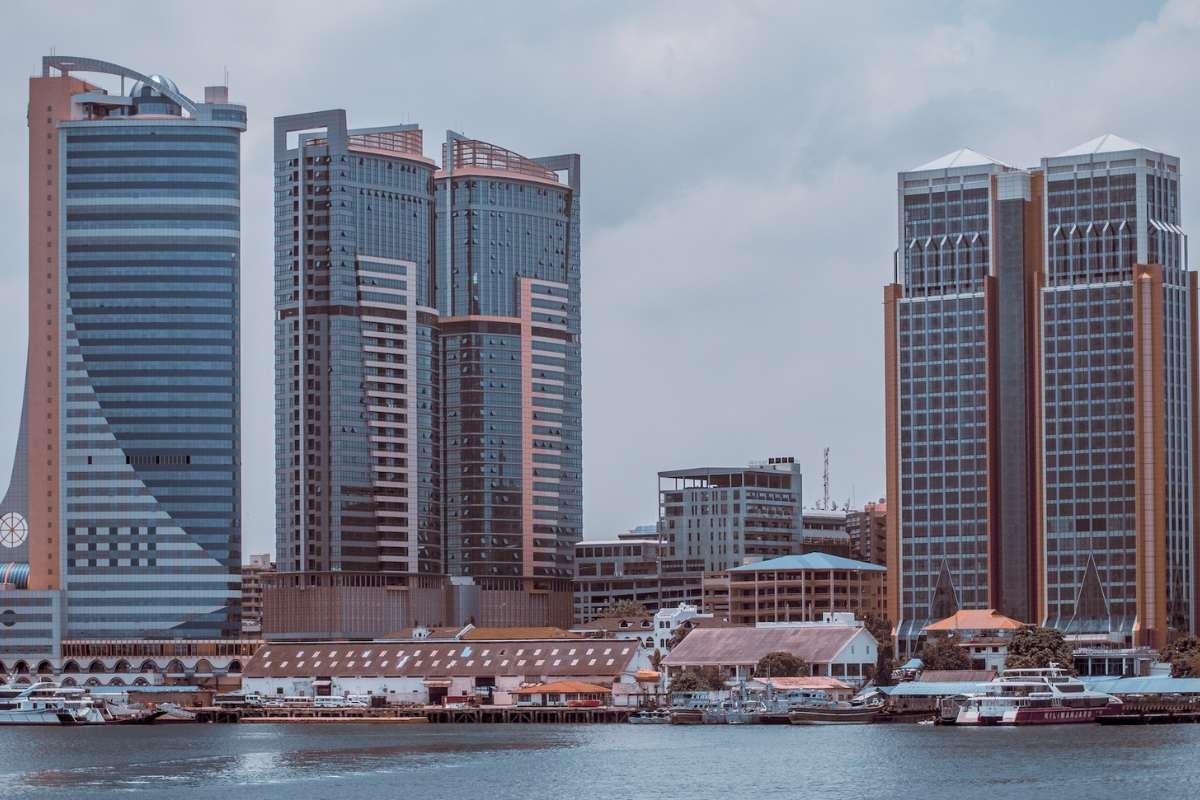
Cost of Living: $$$
Dar es Salaam is Tanzania’s largest city and economic hub, with about 6.7 million people, along the Indian Ocean coastline. Compared to other cities, Dar es Salaam has a higher cost of living. However, it is still affordable compared to most Western cities. Dar es Salaam is also home to many cultural attractions like the National Museum and House of Culture, the Village Museum, and the Makumbusho Cultural Center.
Tip: In Tanzanian culture, respect for elders is highly valued. Treating older people with respect is common in social and business settings.
Who Would Like to Live There: Expats, solo travelers, digital nomads, cultural enthusiasts
Pros:
- Economic opportunities in finance, trade, and tourism.
- Better infrastructure and modern amenities, shopping malls, and health facilities.
- The city is a cultural and ethnic blend.
Cons:
- Expats may encounter bureaucratic challenges.
- Power outages are expected.
- Traffic congestion, especially during peak hours.
2. Zanzibar
Best Place to Live for English Speakers
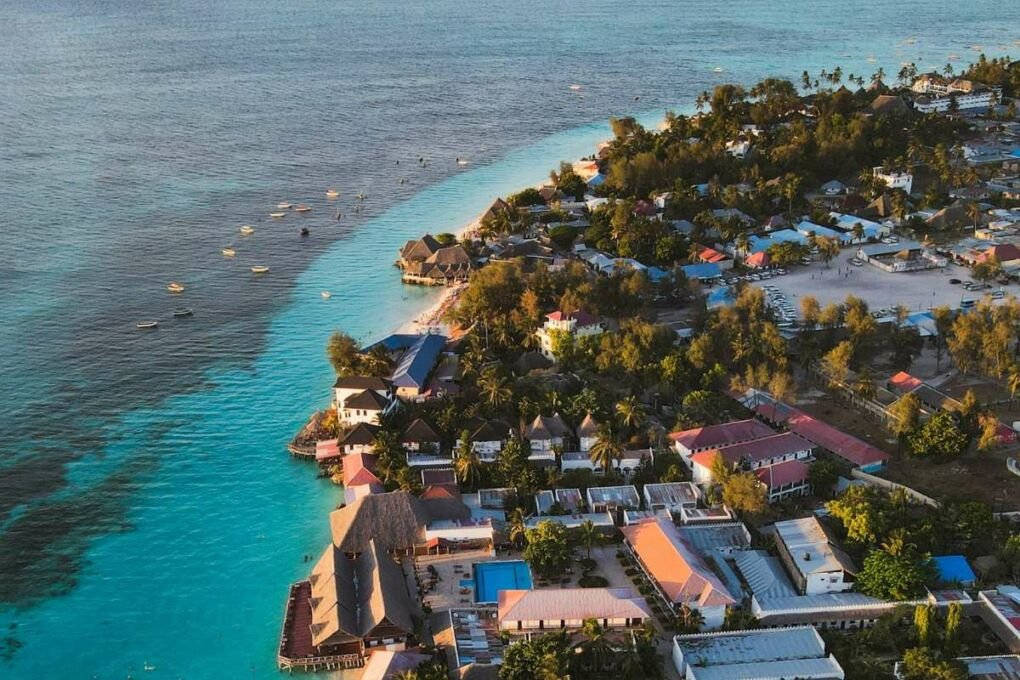
Cost of Living: $$$
Zanzibar is a popular tourist destination located on the island of Unguja. It is a culturally rich city renowned for its breathtaking beaches, such as Nungwi, Kendwa, and Historic Stone Town. You’ll also find a vibrant culinary scene with bustling night markets serving local delicacies and upscale dining experiences where you can indulge in a lavish five-course tasting menu showcasing the Swahili fusion cuisine.
Tip: The idea of “African time” (when events don’t start or end on time) might be a cultural shock. Remember to be patient and adaptable.
Who Would Like to Live There: English Speakers, Couples, Solo travelers, Groups
Pros:
- English is widely spoken.
- Zanzibar offers a range of recreational activities.
- It’s a tropical paradise with a cultural diversity.
Cons:
- There are limited job opportunities.
- Power outages, water shortages, and limited healthcare facilities can be challenges.
- It may take time for newcomers to become used to local customs and way of life.
3. Arusha
Best Place to Live for Digital Nomads
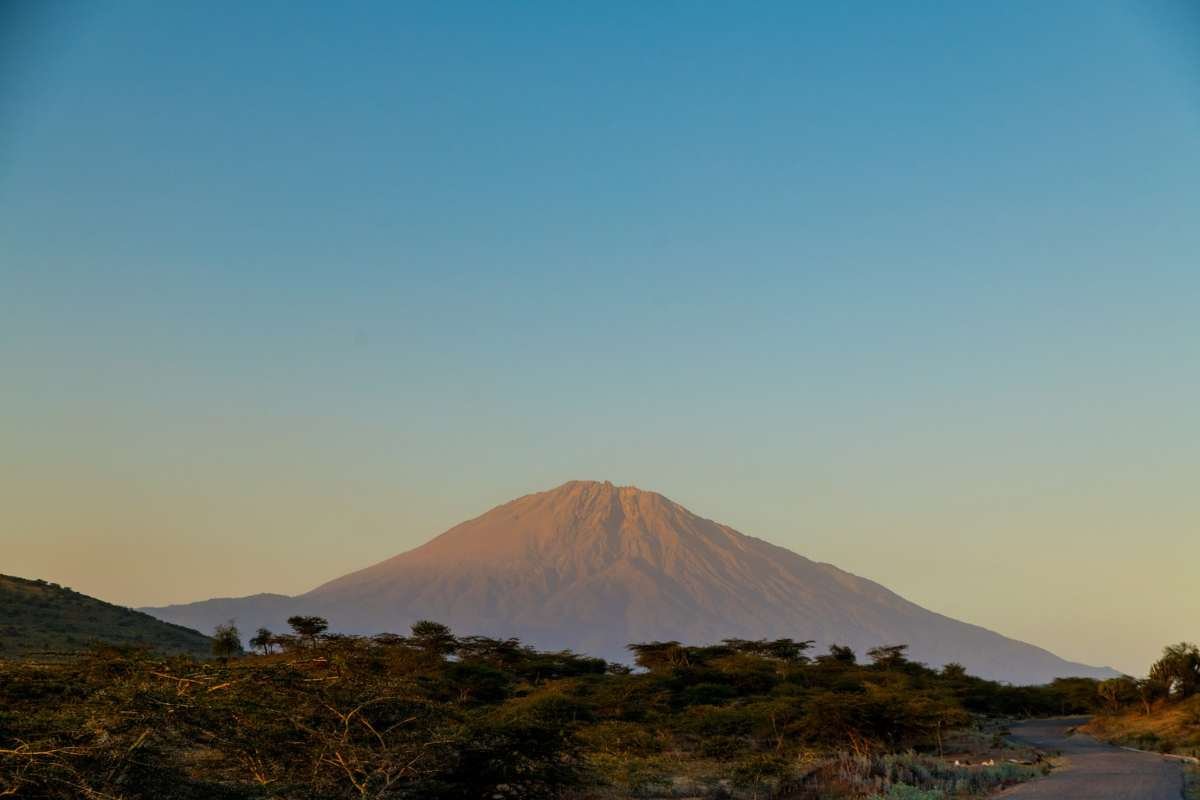
Cost of Living: $
Arusha is one of the best cities for digital nomads in East Africa. It has a laid-back kind of lifestyle. It’s a small city but has enough activities to keep you occupied. It is less expensive and has less crime. You will mostly find young people, so most digital nomads make friends quickly.
Tip: Digital Nomads must be supported by a Tanzania company for a work visa.
Who Would Like to Live There: Expats, digital nomads
Pros:
- Low cost of living.
- Great work and play balance.
- There are plenty of other digital nomads and expats.
Cons:
- Public transportation can be a problem.
- Only some people speak English.
- Power and water outages can occur.
4. Moshi
Best Places to Live for Solo Travelers
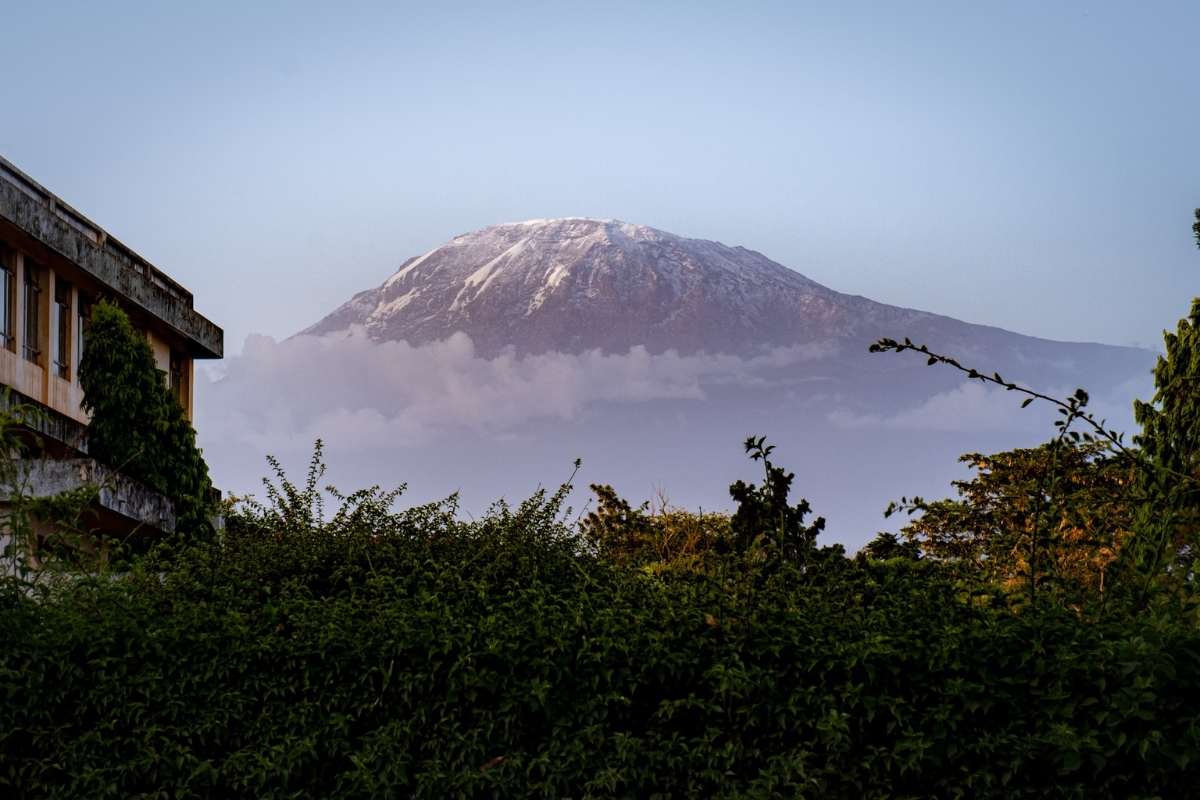
Cost of Living: $
Moshi is a town in northern Tanzania at the bottom of the tallest mountain in Africa, Mount Kilimanjaro. It is a small town packed with many restaurants and shopping places that will make you feel the charm of East Africa.
Tip: Make an effort to learn basic Swahili phrases to enhance your living experience.
Who Would Like to Live There: Solo travelers, Outdoor Enthusiasts
Pros:
- Stunning natural attractions like Mount Kilimanjaro.
- The cost of living is low.
- Moshi offers plenty of work and volunteering opportunities.
Cons:
- Lack of amenities and services.
- Language barrier: Swahili is the primary language.
- Wages are low.
5. Tanga
Best Place to Live for Couples
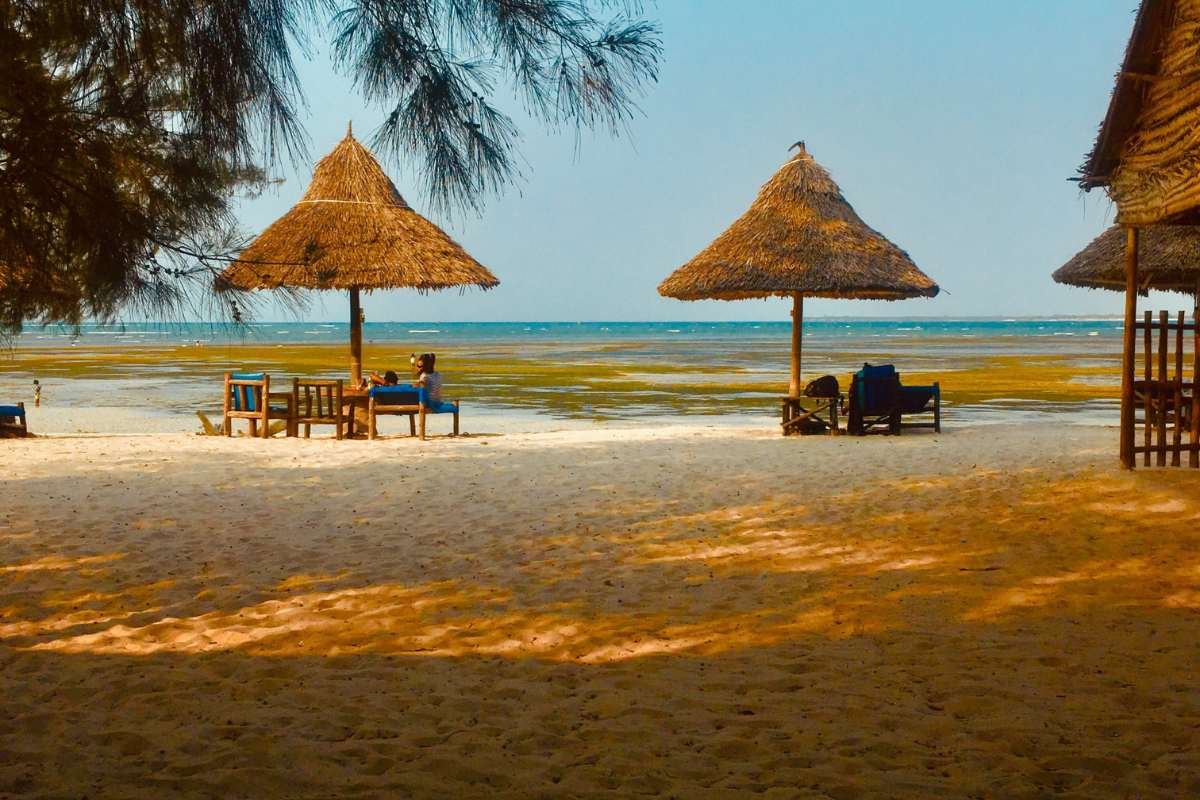
Cost of Living: $$
Tanga is situated in the northeastern part of Tanzania, near the border of Kenya. The city has a tropical climate and is loved for its beaches, like Tanga Beach and Mwambani Bay. The coastal town has many parks and attractions, including the Amboni Caves, Toten Island, and Tongani Ruins. It is an ideal place for couples seeking a tranquil environment.
Tip: Embrace the local culture and form connections with locals, as this will enhance your living experience.
Who Would Like to Live There: Couples. Families, Expats, solo travelers
Pros:
- Affordable living costs.
- Comprehensive transportation systems.
- Vast entertainment options.
Cons:
- Limited urban amenities.
- Specific industries may be limited in job opportunities.
- Healthcare facilities and schools may not be as advanced as in big cities.
6. Mwanza
Best Place to Live for Groups
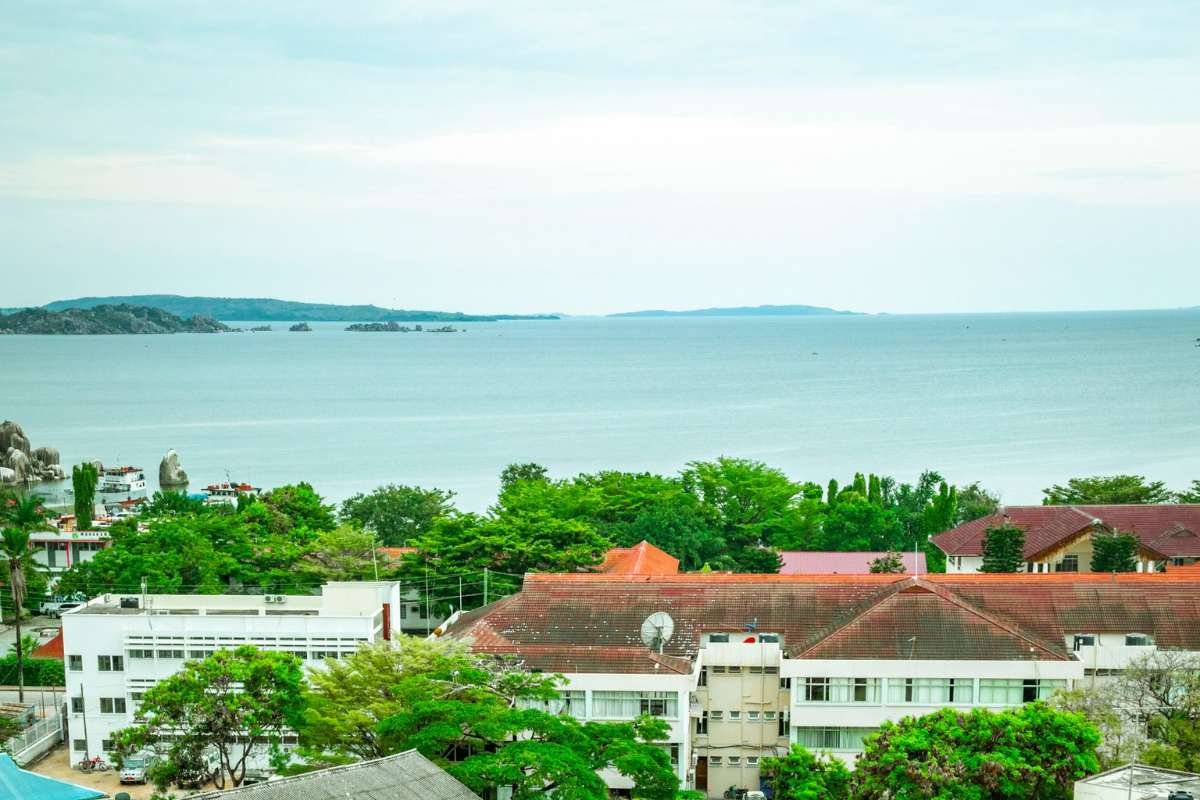
Cost of Living: $$
Mwanza is known to many as Rock City because of the iconic Bismarck Rock and has a population of over 700,000 people. It is located on the shores of Lake Victoria. It has various recreational activities options, such as visiting local markets and museums and watching traditional dance performances. It’s a family-friendly city offering child-friendly activities and facilities.
Tip: Beware of stopping by the road stops with your window down, as smash and grabs are common.
Who Would Like to Live There: Groups, couples, families
Pros:
- Family-friendly area.
- The cost of living is affordable.
- Mwanza has scenic beauty.
Cons:
- Employment opportunities may not be diverse.
- Mwanza has a challenge with infrastructure, including roads and public services.
- Healthcare services need to meet the standards of large urban centers.
7. Dodoma
Best Place to Live for Political Enthusiasts
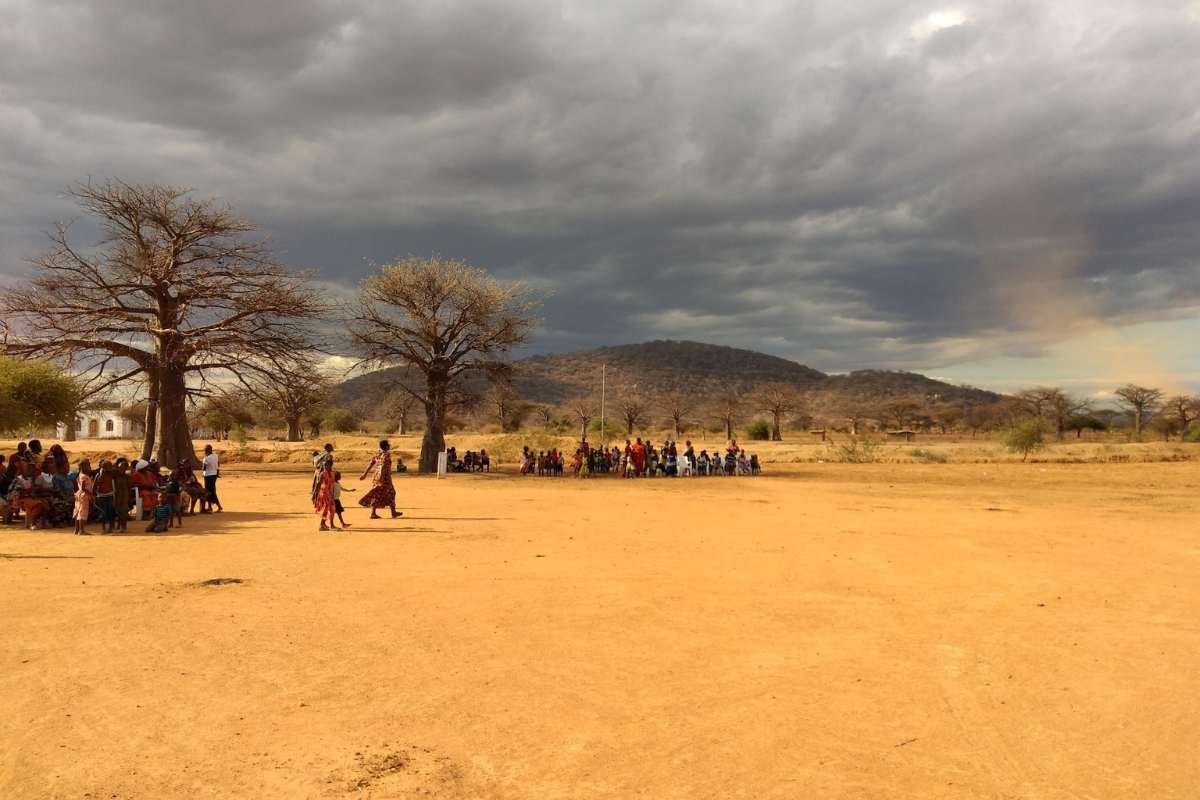
Cost of Living: $$
Dodoma is the capital city of Tanzania. The region is known for its historical monuments. Beautiful landscapes and natural attractions such as UNESCO World Site, Kondoa Rock-Art SIte, and Swaga Swaga Game Reserve surround Dodoma. The city has a variety of recreational activities you can participate in as a tourist or a local.
Tip: Greeting plays a huge part in society and has been deemed an integral part of local culture. Learn how to greet in Swahili.
Who Would Like to Live There: Families, expats, digital nomads
Pros:
- The city features a central location.
- Dodoma is a political hub, creating work opportunities in the government sector.
- The town offers a more relaxed lifestyle.
Cons:
- Lacks modern conveniences found in large cities.
- It has infrastructure challenges with roads and public service.
- Limited job opportunities for those with specialized skills.
8. Morogoro
Best Place to Live for Outdoor Lovers
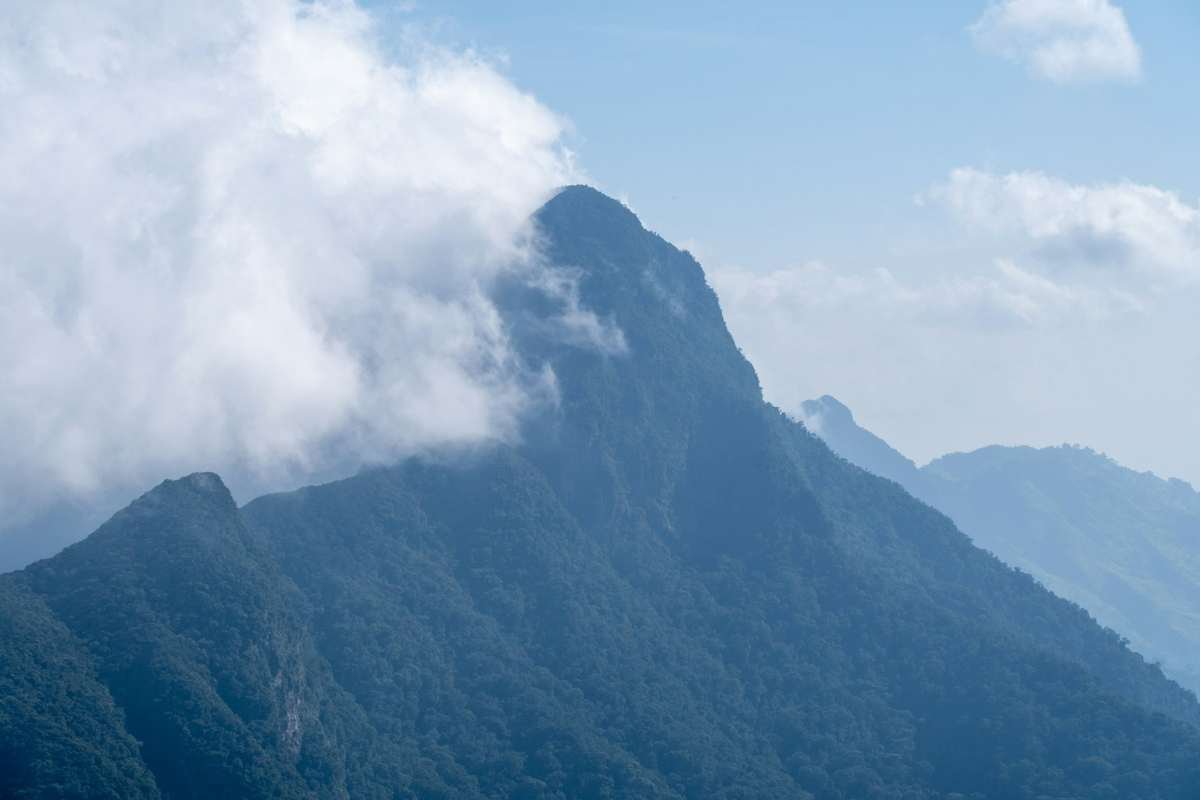
Cost of Living: $$
Morogoro is a hidden gem located in the eastern part of the country. The eighth most prominent city in Tanzania. It is well known for its natural attraction to the Uluguru Mountains. This region is famous for hiking, bird watching, and camping. If you’re interested in the cultural experience of Tanzania, visit the Chilunga Cultural Tourism Program, where you can learn about the traditions and customs of the Luguru people.
Tip: Stock up on prescription medication in your home country, as counterfeit pills are a huge problem.
Who Would Like to Live There: Expats, outdoor lovers, nature enthusiasts, families
Pros:
- The community is a friendly and close-knit group,
- Agriculture is the leading industry, so access to fresh fruit and vegetables.
- Morogoro has beautiful surroundings and cultural richness.
Cons:
- Tribes still practice old traditions like Female Genital Mutilation.
- Lack of reliable internet and infrastructure.
- Language barrier.
9. Mbeya
Best Place to Live for Nature Lovers
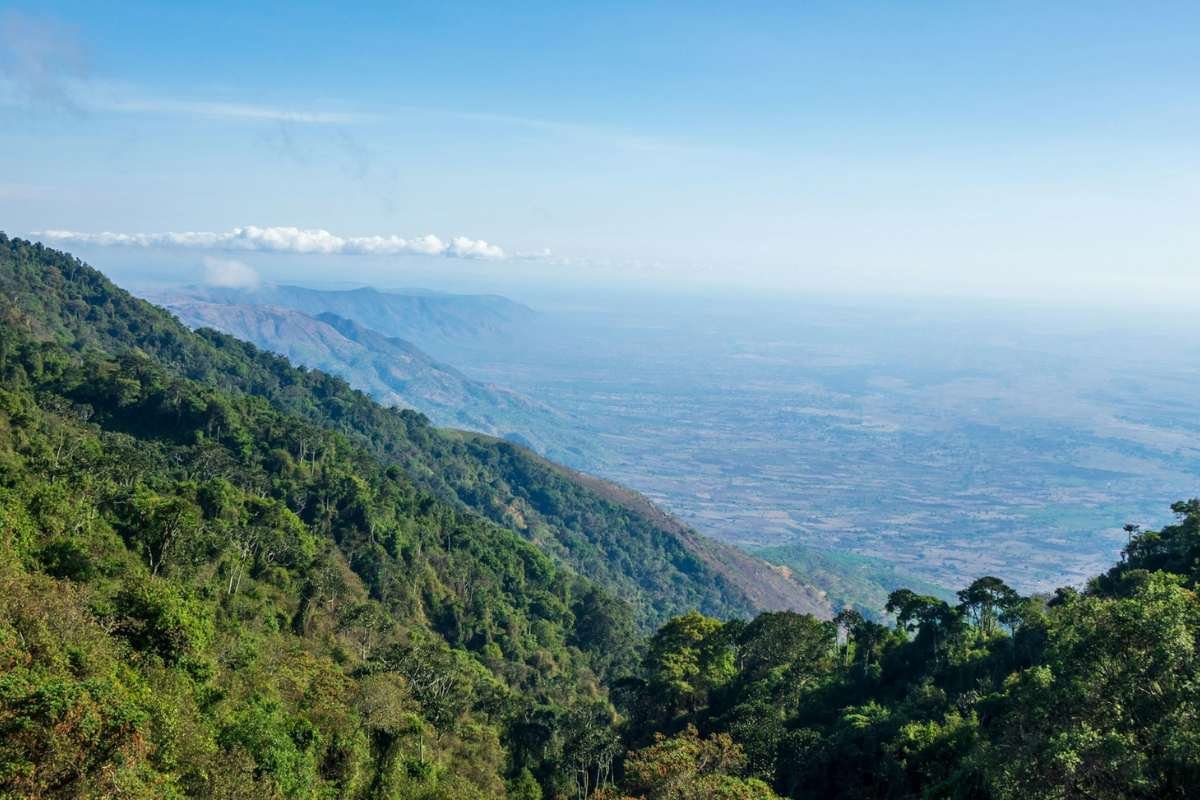
Cost of Living: $
Nestled in the southwest of Tanzania is Mbeya. The city sits on the base of Loleza Peak between the Mbeya and Poroto mountain ranges. It’s loved for its colorful wildflowers. The region has beautiful, lush greenery landscapes and mild climate temperatures.
Tip: Tanzanian cuisine is not for everyone, so expats should be cautious of their sensitive stomachs.
Who Would Like to Live There: Nature lovers, couples, solo travelers
Pros:
- It’s the city’s agriculture hub, creating fresh produce.
- Mbeya jas a mix of ethnicities and cultures.
- Supportive and friendly atmosphere.
Cons:
- Employment options are limited.
- Access to specialized healthcare, international schools, and entertainment options is limited.
- Road infrastructure might not be as developed as metropolitan areas.
10. Iringa
Best Place to Live Families
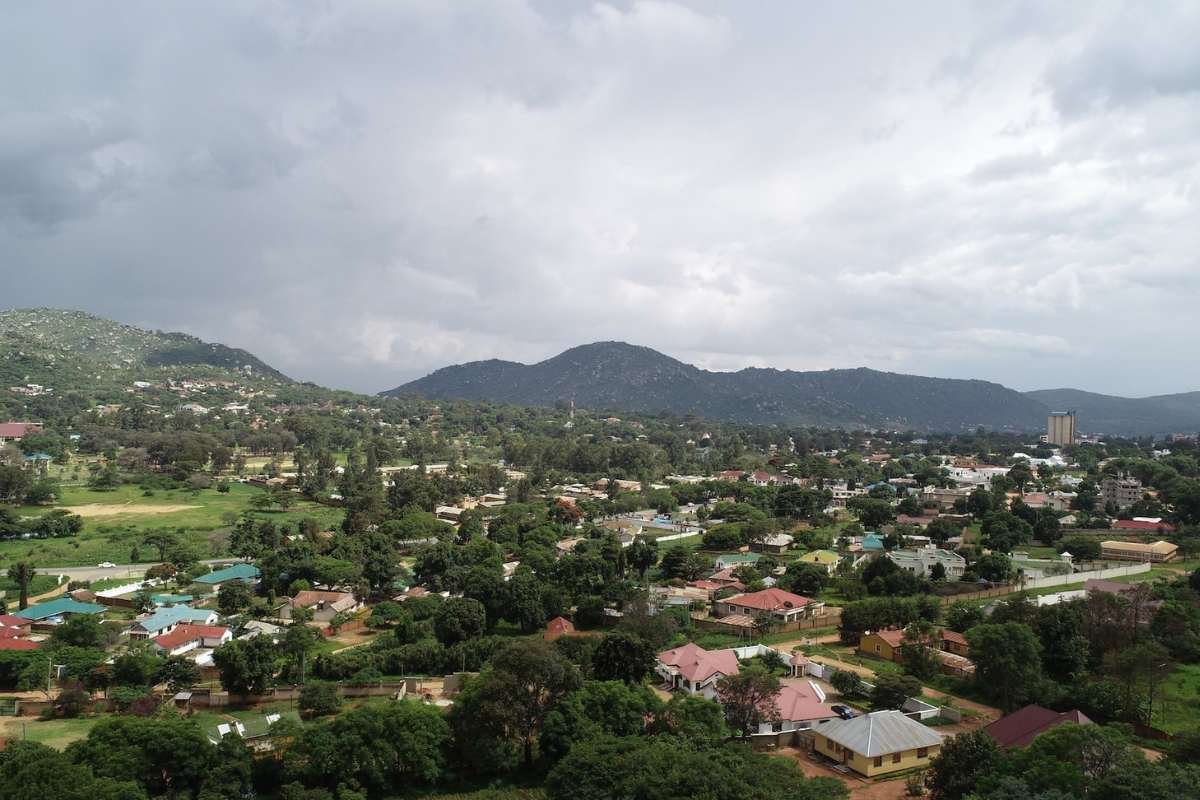
Cost of Living: $$
Situated in Tanzania’s southern highlands is a hidden treasure known as Iringa. This city has a lot of unforgettable experiences to offer. You can participate in various recreational activities, like hiking, cultural excursions, and historical site visits.
Tip: When heading out into nature, bring along your insect repellent.
Who Would Like to Live There: Cultural Enthusiasts, nature lovers, ex-pats, families
Pros:
- Iringa’s cost of living is low.
- Infrastructure is more developed.
- Iringa has spectacular natural landscapes.
Cons:
- Educational facilities need to meet the standard of schools in large cities.
- Access to specialized healthcare may require you to travel to more developed areas.
- Public transportation is limited. A personal car is essential for convenience.
